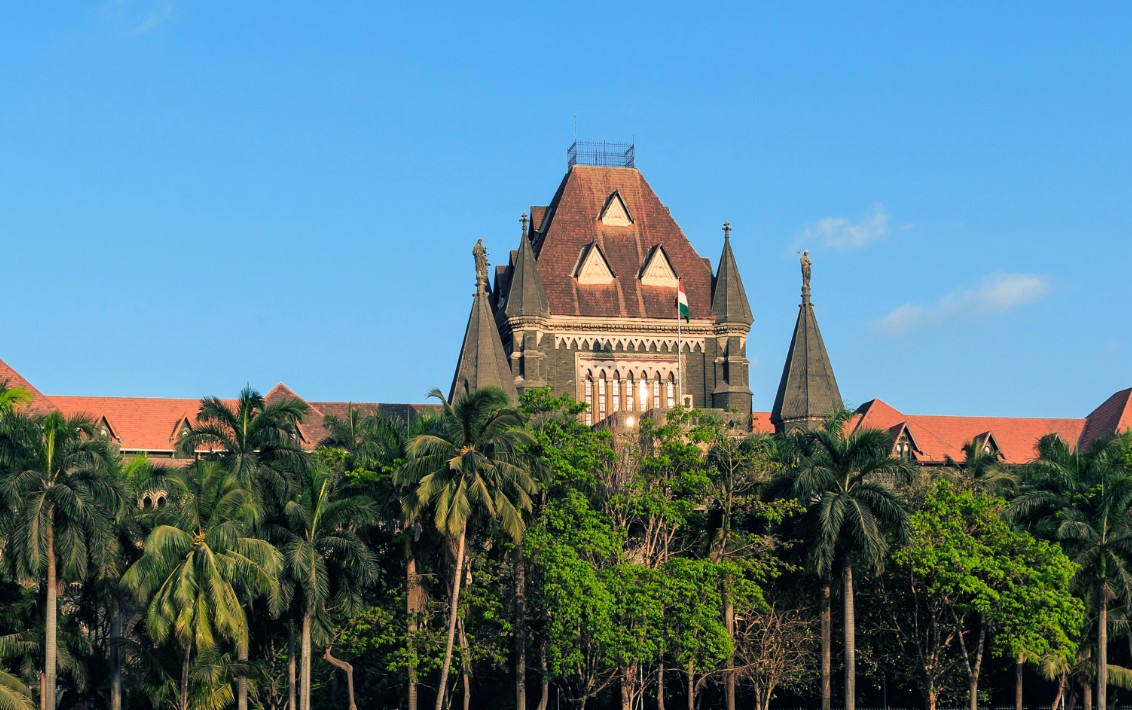In Writ Petition No.1572 of 2022-BOM HC- Notice has to be issued to employee when gratuity payable to him is sought to be forfeited to extent of loss caused due to his negligence or willful omission u/s 4(6)(a) of Payment of Gratuity Act: Bombay HC
Justice Manish Pitale [19-08-2022]

Read Order: THE CHAIRMAN AND MANAGING DIRECTOR AND ORS V. SHRI KISHORE S/O SHANKARRAO KHADATKAR AND ORS
Mansimran Kaur
Mumbai, August, 22, 2022: A proper appreciation of the provisions of the Payment of Gratuity Act, 1972,would show that Form-M under Rule 8(1)(ii) of the Payment of Gratuity (Maharashtra) Rules, 1972, is a decision rejecting claim for payment of gratuity or information given to the employee that his gratuity stands forfeited, the Bombay High Court has observed.
Justice Manish Pitale dismissed the instant petition instituted by the petitioner while observing that no error could be attributed to the Appellate Authority in holding that the issue of territorial jurisdiction was devoid of merit, as the objection of territorial jurisdiction was not raised by the petitioner-employer at the first instance in the original proceedings before the Controlling Authority.
The officials of the Bank of Maharashtra had filed this petition. The first respondent was an employee of the said bank. The second and the third respondents were formal parties, being the Appellate and Controlling Authorities under the provisions of the Payment of Gratuity Act, 1972.The first respondent joined the petitioner-employer on February 19, 1979 as a directly recruited officer.
The petitioner-employer issued a memo levelling six charges against the first respondent. After issuing show cause notice to the first respondent,the Disciplinary Authority imposed the punishment of compulsory retirement on the first respondent. When the employee filed an appeal before the Appellate Authority, the same was rejected. Thereafter the petitioner-employer sent a notice to the first respondent, where he had settled after being compulsorily retired, stating that notice regarding forfeiture of gratuity was enclosed. Along with this document, notice rejecting the claim of payment of gratuity in Form-M, as per the Act of 1972 and Rules framed thereunder, was enclosed.
The said document stated that the claim of gratuity of the first respondent was found to be inadmissible, as the first respondent had caused loss to the Bank to the extent of Rs 69.72 lakhs plus unapplied interest thereon, on account of his misconduct. Aggrieved by the action of the petitioner employer in denying payment of gratuity, the first respondent filed an application under section 7, before the third respondent- Controlling Authority at Nagpur, for payment of gratuity. The Controlling Authority directed the petitioner-employer to pay an amount of gratuity to the first respondent. Aggrieved by this order, the petitioner-employer filed an appeal before the second respondent- Appellate Authority and the order of the Controlling Authority was set aside.
The respondent’s Writ Petition was partly allowed but the Appellate Authority dismissed his appeal. Aggrieved by the same, the petitioner-employer filed the present writ petition, wherein notice was issued and the first respondent waived the said notice.
On the first aspect of territorial jurisdiction, the Court noted that it was an admitted position that the petitioner-employer did not raise any such objection in the original proceedings before the Controlling Authority at Nagpur. It was further noted that the judgment passed by this Court in Writ Petition of 2016, showed that this Court had permitted an opportunity by way of amendment to the petitioner-employer to raise the question of territorial jurisdiction, along with liberty to the respondent-employee to file reply to such objection of jurisdiction.
In view of the above stated observations, the Court noted that no error could be attributed to the Appellate Authority in holding that the issue of territorial jurisdiction was devoid of merit, as the objection of territorial jurisdiction was not raised by the petitioner-employer at the first instance in the original proceedings before the Controlling Authority. The Court also observed that the notice rejecting claim of payment of gratuity, was served on the first respondent at Nagpur and so the objection regarding territorial jurisdiction was without any merit and therefore, it was correctly rejected by the Appellate Authority.
The Court noted that the petitioner-employer was justified in contending that gratuity was not forfeited under section 4(6)(b)(ii) and instead section 4(6)(a) thereof, was invoked. A proper appreciation of the orders passed by the said Authorities would show that they were not oblivious of section 4(6)(a) of the Act of 1972, the Court noted. The Bench further held, “This Court is of the opinion that when gratuity payable to an employee is sought to be forfeited to the extent of loss caused due to willful omission or negligence of the employee under section 4(6)(a) of the Act of 1972, notice has to be issued to such an employee stating the basis of and extent to which the employer has been put to loss, due to the willful omission or negligence of the employee.”
Coming back to the facts of the present case, the Court noted that admittedly show cause notice was not issued to the first respondent before the said notice rejecting claim for payment of gratuity was directly issued to him under Form-M on October 6, 2012.
The Bench concluded the matter by observing that there was no ground raised challenging the basis of calculation undertaken by the Controlling Authority while holding that the first respondent was entitled to payment of gratuity of Rs.10,00,000 with interest at the rate of 10% per annum towards delayed payment. Hence, the writ petition was dismissed.
Sign up for our weekly newsletter to stay up to date on our product, events featured blog, special offer and all of the exciting things that take place here at Legitquest.




Add a Comment